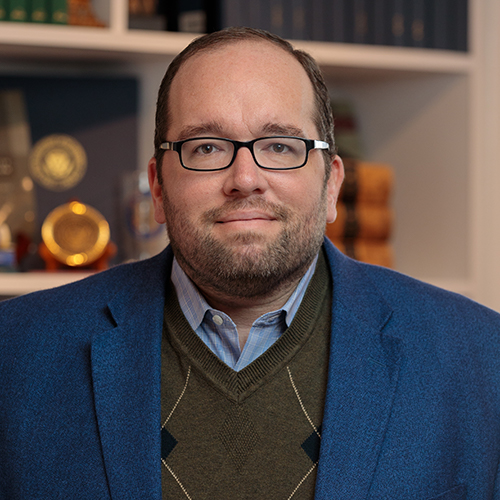Fifty years ago, just after Easter, the insurgent army known as the Khmer Rouge toppled the official government of Cambodia and initiated the devastating genocide that put Pol Pot on the list of history’s bloodiest rulers. What began with naïve hopes of peace and the end to the war that had spilled over from neighboring Vietnam soon turned into terror as the new regime pushed millions of residents out of the capital city. It soon hunted down anyone perceived as an ally of the government it had just toppled, including scientists, priests, and even anyone who wore glasses, which was interpreted as elitist. The goal was to create a Marxist-Leninist utopia, a classless agrarian society. What resulted, after four brutal years, was a campaign of brutality and torture leaving a quarter of the Cambodian population in fresh graves.
The evil perpetrated half a century ago belongs to but one of several ignominious periods in a century that began with the promise of human progress, enlightenment, and less violence. Finally, the thinking went, humanity would shed primitive ideas about the supernatural while reason and technology would lead the world into a new utopian future. In his essay “Why I Am Not a Christian,” philosopher Bertrand Russell promised, “Science can teach us, and I think our hearts can often teach us, what sort of social arrangements are likely to promote human happiness. That is all we mean when we speak of morality.”
Karl Marx, the godfather of the ideology that would motivate Lenin, Mao, Pol Pot, and softer versions that crept into the West, famously blamed religion for holding humans back from their full potential: “Religion is the sigh of the oppressed creature, the heart of a heartless world, and the soul of soulless conditions. It is the opium of the people.” But, as the 20th century embraced those ideas and the body counts piled up around the world, it would be a Soviet dissident, who experienced the cruel torture of the Gulag, who would understand the perversity of this project:
Click Here to Read More (Originally Published at National Review)
Daniel is director of the Land Center for Cultural Engagement at Southwestern Baptist Theological Seminary. His forthcoming book is Agents of Grace. He is also a bestselling author of several other books, including The Original Jesus, The Dignity Revolution, The Characters of Christmas, The Characters of Easter, and A Way With Words, and the host of a popular weekly podcast, The Way Home. Dan holds a bachelor’s degree in pastoral ministry from Dayspring Bible College, has studied at Trinity Evangelical Divinity School, and is a graduate of Southern Baptist Theological Seminary. He and his wife, Angela, have four children.

